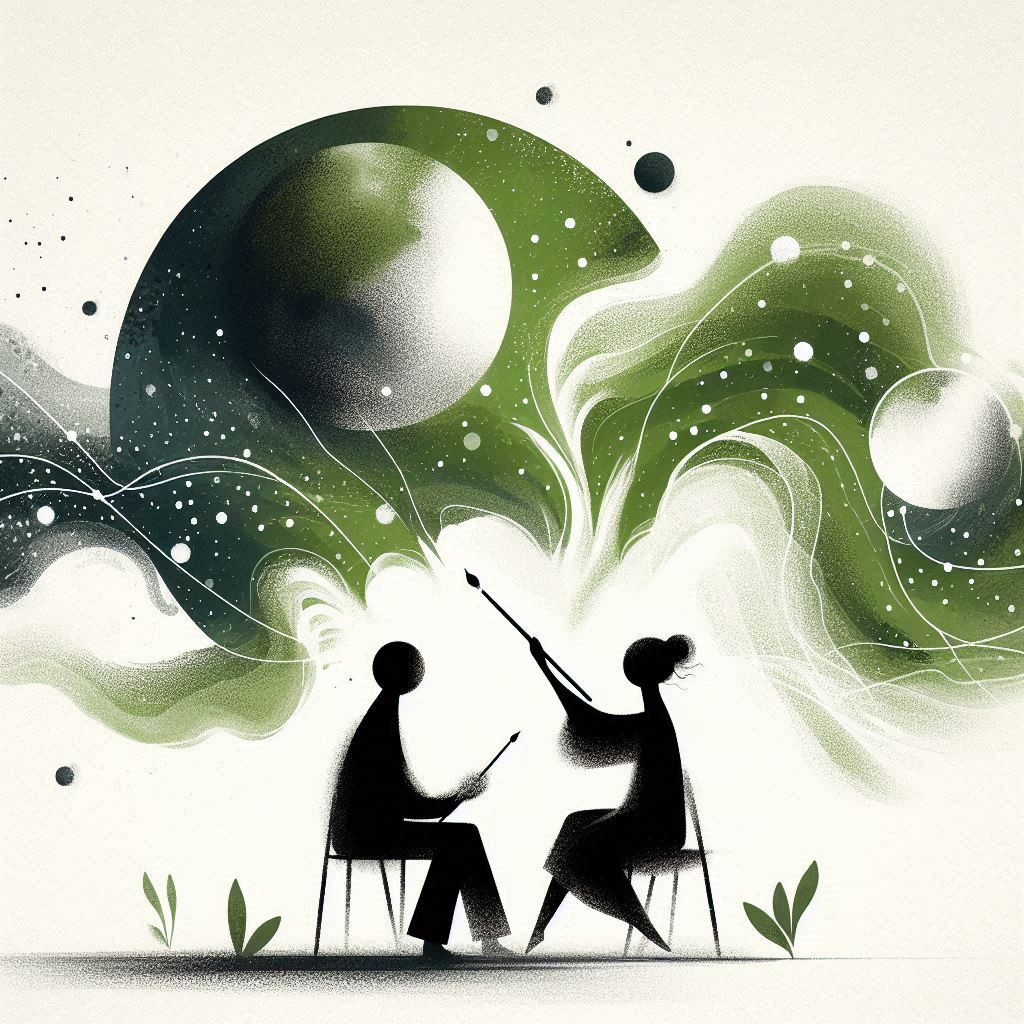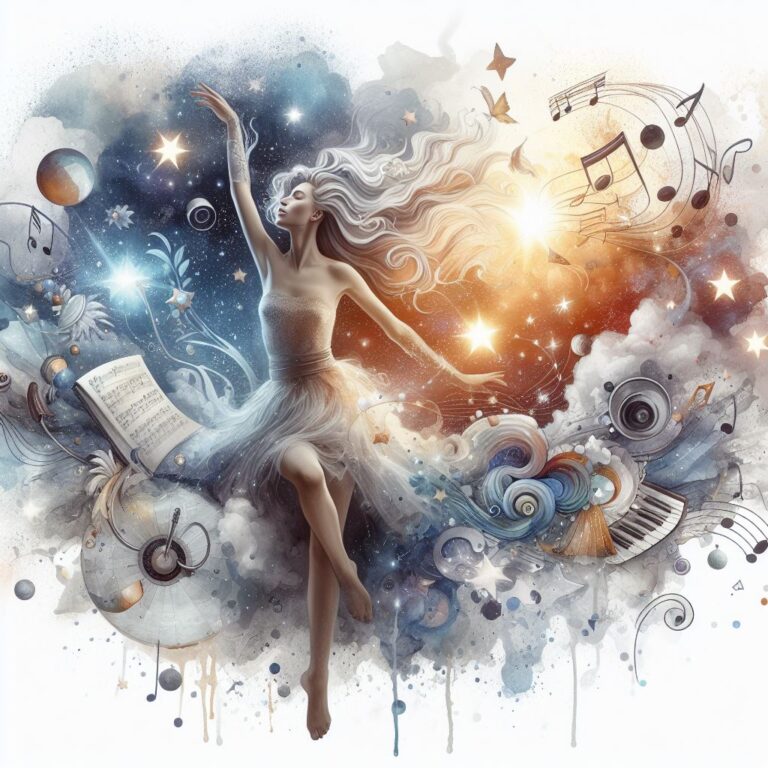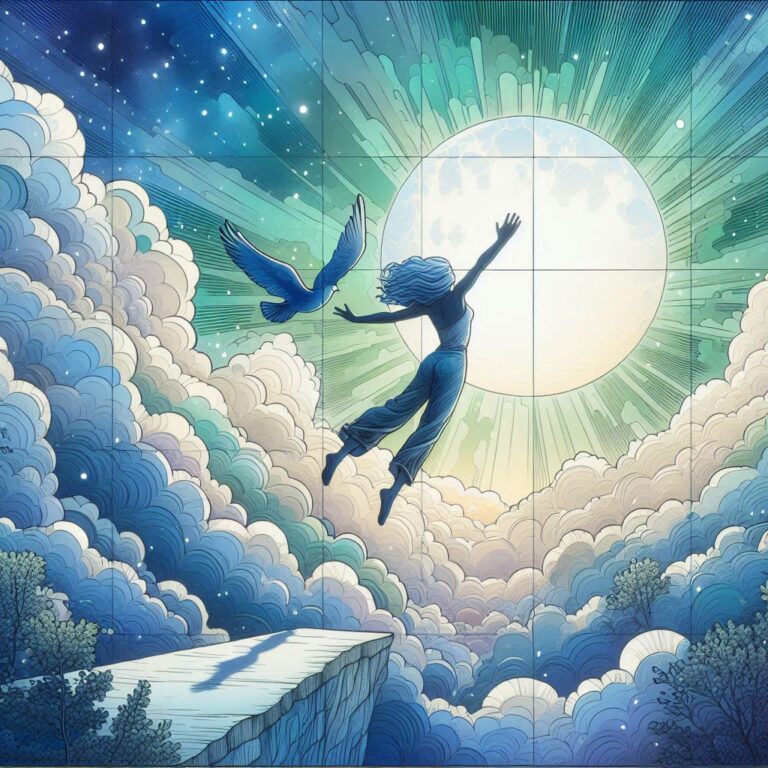Creating anything of value requires cooperation—between you and your tools, your peers, your environment, and your partners. Whether it’s a personal project or a community initiative, the success of any endeavor hinges on how well these dynamics function together.
The Seed
Every creation starts with a spark—a flash of inspiration through a thought or a feeling. The qualities of that initial idea are vital, as it will spiral and magnify. Furthermore, it needs roots, grounded in something you genuinely care about. When your vision is powered by passion and purpose, it resonates with the most powerful part of you and starts pulling in the people, resources, and energy you need to make it real.
The Tools
Your tools aren’t just instruments—they’re your creative allies. Whether it’s the athlete’s body, the artist’s software, or the builder’s hammer, the quality of your tools can elevate or limit what you create. Choose tools that resonate with your values, tools that feel like an extension of your very essence.
The Environment
A vibrant environment feeds your creativity, while a negative one can drain it. Curate spaces that energize you, that reflect the vibe you want to infuse into your work. Your surroundings should make you feel unstoppable.
The Business Partner
In business, partnerships can make or break you. The best collaborations are built on trust, shared vision, and complementary skills. It’s like finding the perfect rhythm with a dance partner—you move together, adapt together, and create something incredible. Communication is key, and so is a commitment to ethics and integrity. When both partners are on the same page, the business not only survives—it thrives.
The Lover
In relationships, cooperation is what keeps the connection strong. It’s about finding that sweet spot where your dreams and your partner’s dreams align, where you both choose what’s best for the relationship as a whole. It’s not about compromise; it’s about making choices that lift both of you up and supercharge the dynamic between you. This type of relationship becomes a powerhouse of love and growth.

Interpersonal Dynamics
Navigating emotions in cooperative relationships is crucial for fostering connection. When you’re feeling overwhelmed, take responsibility for your feelings and find healthy coping mechanisms without projecting negativity onto others. Acknowledge your emotions and consider calming activities like deep breathing. If envy arises, recognize it as natural but redirect your focus toward your own journey. Clear communication and healthy boundaries ensure everyone is supported. For those sensitive to others’ emotions, this ability fosters deeper connections and is a resource for the team, but it’s vital to create personal space to recharge when emotions run high. Practicing mindfulness, spending time in nature, or utilizing grounding techniques can help you maintain balance and protect your energy This allows you to support others without becoming overwhelmed.
Questions to Enhance Cooperation
- What common goals do we share, and how can we align our efforts to achieve them?
- How can we leverage each other’s strengths to create a more dynamic collaboration?
- Are we communicating openly, and do we feel comfortable sharing our thoughts and concerns?
- What boundaries do we need to establish to ensure mutual respect and understanding?
- How can we celebrate our successes together and learn from our challenges?
- In what ways can we support each other emotionally and practically during stressful times?
Cooperation isn’t just a nice-to-have—it’s the secret ingredient that turns good into great. Even when you’re a solo artist, you are always engaged in cooperation. When everything involved is aligned, the resulting flow is pure magic.



